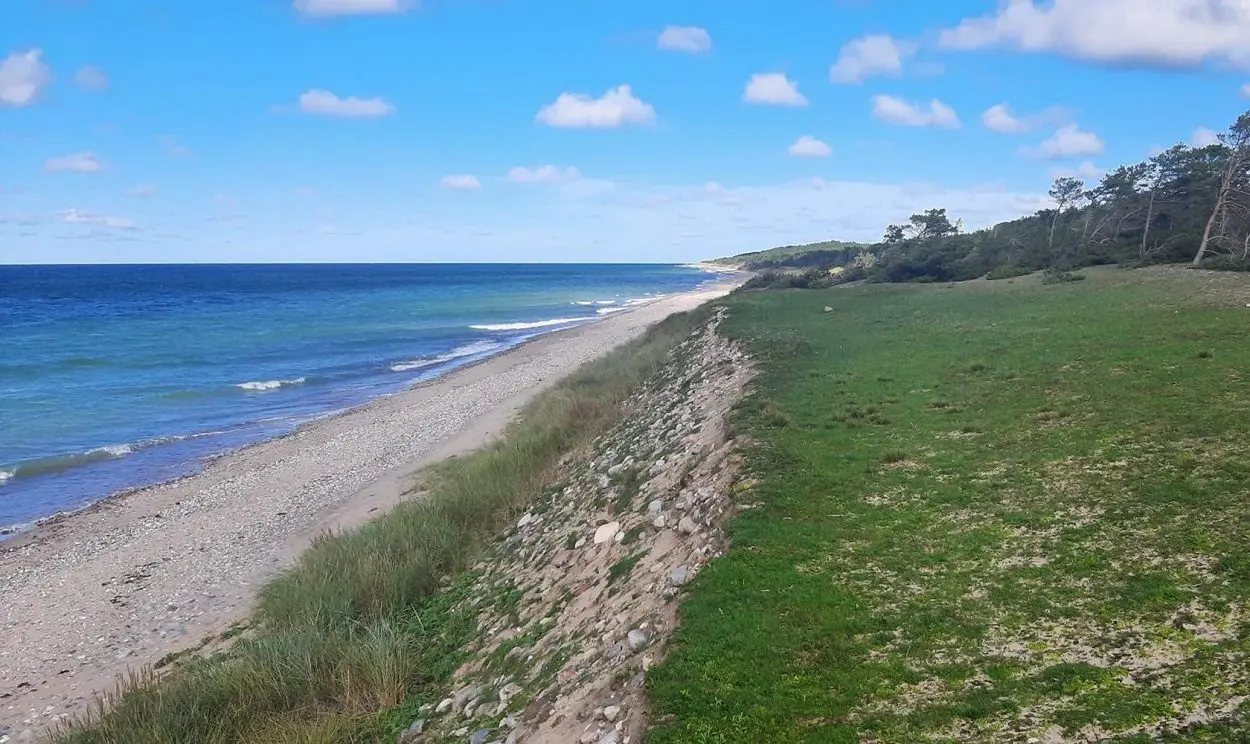An excavation project, in collaboration with archaeologists from Södertörn University, Uppsala University’s Campus Gotland, Gotland Museum, and the Swedish National Heritage Board, has led to the discovery of an Iron Age port on Gotska Sandön.
Gotska Sandön is an island and national park in Sweden’s Gotland County, situated 24 miles north of Faro in the Baltic Sea.
Earlier in 2023, archaeologists found two 2,000-year-old Roman coins on one of the island’s beaches. Both coins are made of silver, with one coin dating from AD 98-117 during the reign of Emperor Trajan, and the other coin dating from AD 138-161 during the reign of Emperor Antoninus Pius
In the latest excavations, archaeologists have now discovered evidence of twenty hearths on the same beach as the Roman coins discovery.
According to Johan Rönnby, a professor of marine archaeology at Södertörn University, the site is an Iron Age port, not in the sense of quays we imply in the modern era, but instead a place where Iron Age people regularly landed their boats and formed an encampment.
Although the purpose of the encampment is speculated, the researchers suggest that it may have been linked to an emerging seal hunting industry.
“Seal hunters may have come from the island of Gotland and landed on Sandön to boil seal blubber. This could have been what the hearths were used for, but we don’t yet know – there may be other reasons why the site looks like it does, such as it being a trading post,” said Rönnby.
Excavations and carbon-14 dating of one of the hearths has indicated that they also date from 2,000-years-ago, suggesting a possible link between the encampment and the Roman coins.
Header Image Credit : idw





